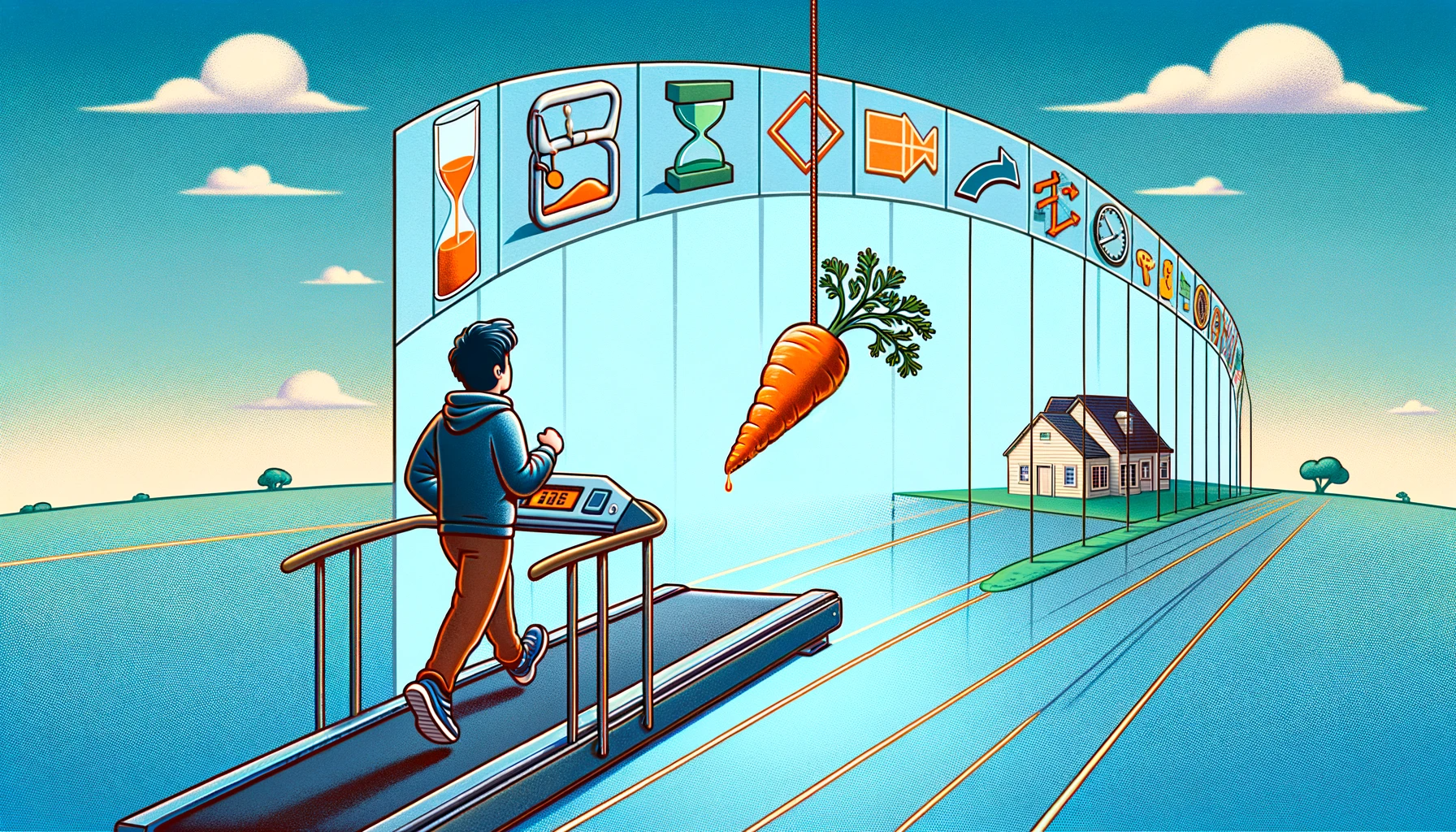
Hedonic Treadmill and the Chemical Orchestra
A few days back I read a nice response by a Redditor called “ExRousseauScholar” to the question “Is the hedonic treadmill actually real?” If you are not familar with the word “hedonic”, you may recognize it is related to hedonism – in short “hedonic” refers to the pursuit of pleasure and enjoyment. The “Hedonic Treadmill” …
Continue reading “Hedonic Treadmill and the Chemical Orchestra”

